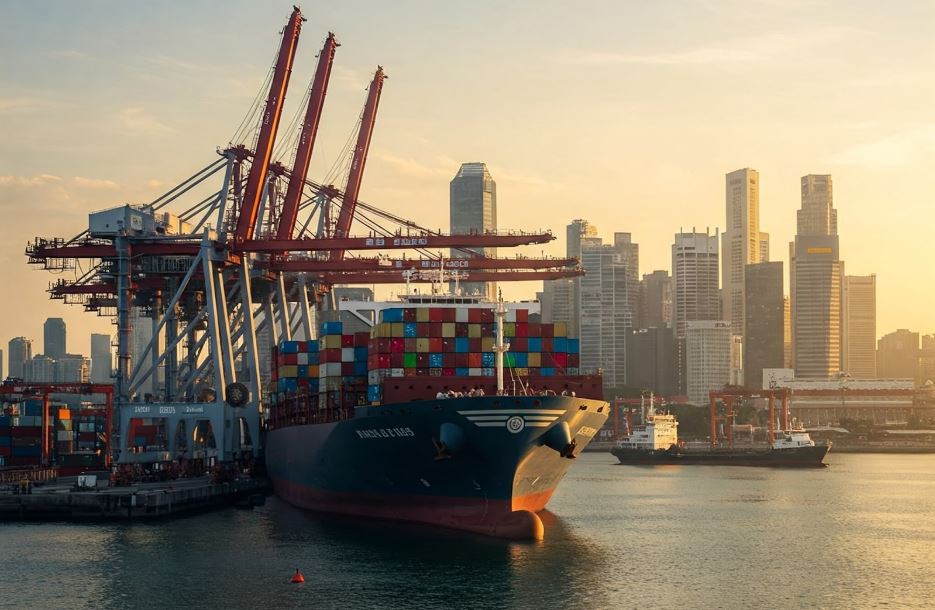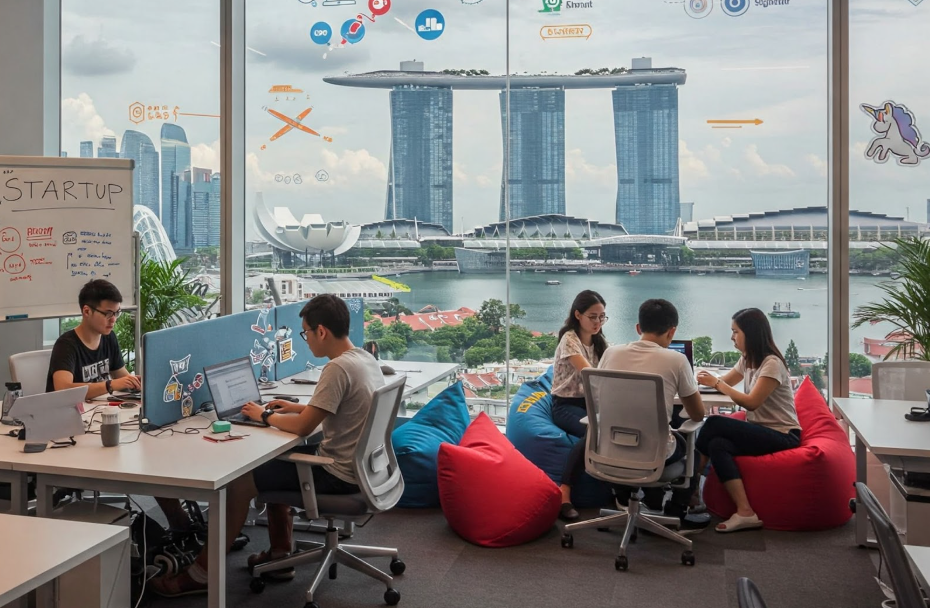Singapore upgrades maritime sector with AI and cybersecurity to attract global SMEs

Singapore is ramping up digital and cybersecurity upgrades in its maritime sector to boost efficiency and attract small and medium-sized enterprises (SMEs) to set up shipping activity in the city-state.
The Maritime and Port Authority of Singapore (MPA) is leading the initiative, introducing artificial intelligence (AI) systems and strengthening digital infrastructure to streamline operations at one of the world’s busiest ports. Among the key developments is an AI-enabled platform designed to drastically reduce the time required for port clearance processing. Currently, clearance applications can take up to three days; the new system is expected to reduce that time to mere minutes. This promises a faster, more reliable process for shipping firms, with improved accuracy in data entry and verification – a clear advantage for businesses looking to avoid costly delays.
Pilot testing is already underway for two AI-powered tools, DocuMind and DocuMatch, which focus on simplifying the renewal of insurance certificates for Singapore-registered vessels. These applications aim to automate document handling, reduce errors and save time. All of these are particularly valuable for SMEs managing lean operations with limited administrative resources. Full industry-wide adoption of these tools is planned by the end of 2025.
Cybersecurity is also a central pillar of Singapore’s strategy. The recent launch of the Maritime Cyber Assurance and Operations Centre (MCAOC) allows for real-time cyber threat monitoring and faster information sharing. Participating companies can tap into shared infrastructure for around-the-clock surveillance, potentially saving an estimated SGD 270,000 annually in cybersecurity costs. So far, 16 companies have joined MCAOC, a number expected to grow as more businesses recognize the importance of affordable, centralized cyber protection.
Beyond digital systems, Singapore is opening up more sea space for marinetech trials to attract innovative companies. These trials include cutting-edge solutions like autonomous flotsam collectors, robotic hull cleaning and smart harbor craft operations. These technologies align with global trends toward automation and sustainability in shipping. The MPA hopes that this flexibility and support for experimentation will draw international start-ups and tech-focused SMEs to establish a base in Singapore.
Singapore is also investing in drone technology, upgrading its Maritime Drone Estate to support larger drones and a wider range of applications, such as ship inspections and delivery services. Since its launch in 2021, the estate has become a key site for developing drone operations tailored for maritime use that may be another potential advantage for businesses seeking to deploy advanced logistics solutions.
Five Maritime 5G base stations have been installed in support of next-generation connectivity as of 2024, with two more expected by 2025. Once completed, the 5G network will provide full coverage across Singapore’s major shipping lanes, anchorages, terminals and boarding areas. This means more reliable and high-speed communication.
Earlier this year, the MPA also launched the world’s first industrial-grade simulation platform for maritime cybersecurity at the Singapore University of Technology and Design’s iTrust Centre. Operational since March 20, the testbed allows businesses to simulate cyberattacks on shipboard systems and test defenses in a controlled, realistic environment. It features components like propulsion, machinery, power and navigation bridge systems, offering a valuable tool for companies developing and refining secure operational technologies.



